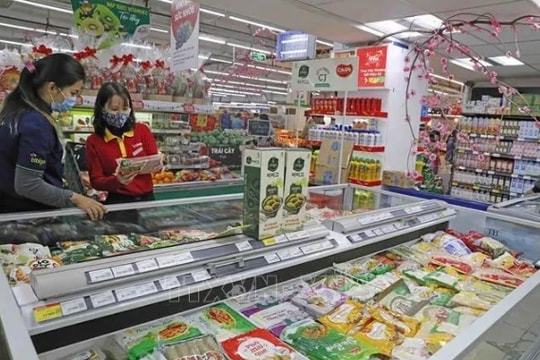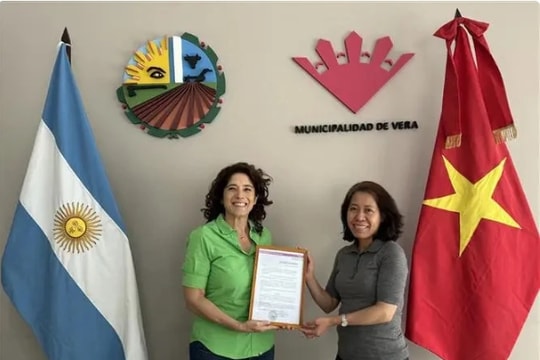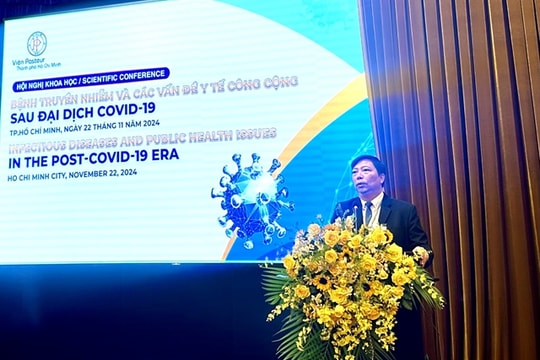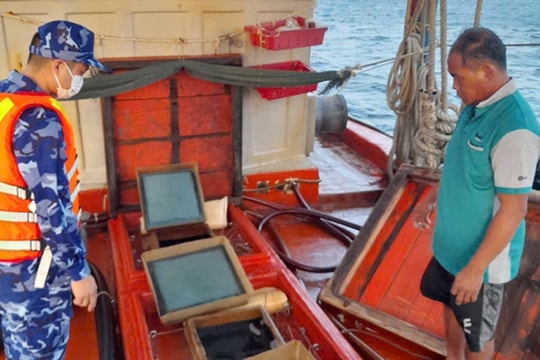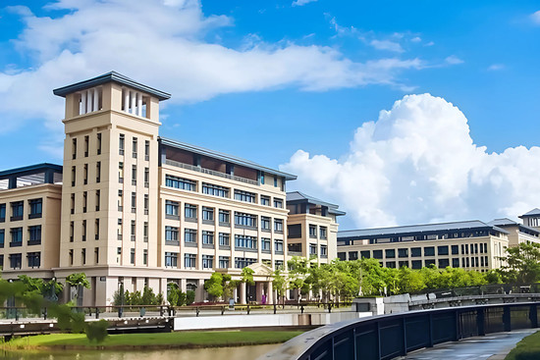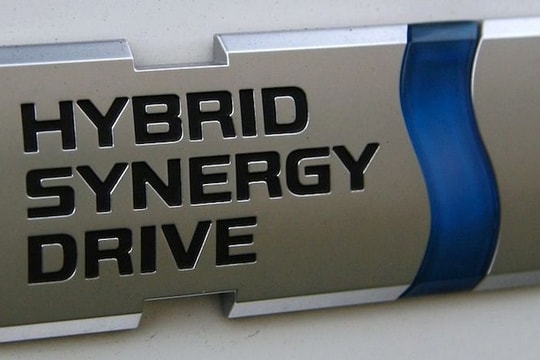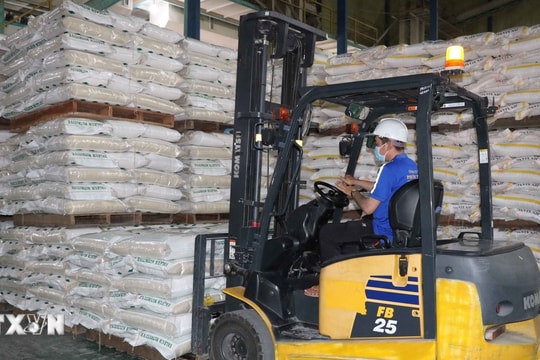
The activities formed part of a recent working trip to the North American country by officials of the municipal People’s Committee.
Director of the Hai Phong Department of Science and Technology Tran Quang Tuan said the signing of the LOI aims to meet both sides’ demand, including export and import between Canada and Hai Phong - home to the largest seaport in northern Vietnam that directly connects with the Port of Montreal. Besides, their businesses will have more cooperation chances for investment, production expansion, and technology transfer and innovation.
Canada is focusing on green and circular technologies which match Hai Phong’s development goals, he noted, perceiving that the LOI will open up more opportunities for the city’s businesses to access investors and cutting-edge technologies, extend their reach to foreign markets, and step up technology supply and demand connection activities in Canada.
Bill Hawkins, Managing Principal of GrowthBridge, a company connecting global businesses, considered this as a great chance for linking the Canadian and Vietnamese economies through a city holding a strategic location like Hai Phong, which boasts seaports and industrial parks attractive to foreign direct investment.
About 57,000 businesses in Hai Phong are operating dynamically while the city is applying itself to developing high technology, seaport logistics, and tourism, which are also among the strengths of Canada.
During the visit, the delegation also had a meeting with dynaCert to learn about carbon emission reduction technologies for diesel vehicles and heavy equipment now used at Hai Phong Port.
Tuan said the city is now in need of carbon emission reduction technologies during its development process. Those technologies will be applied to diesel-powered transport vehicles and factories to cut emissions and create more values, helping boost transport and industrial sectors’ development in the future.
President and CEO of dynaCert Jim Payne told the VNA that his company possesses a technology that can make a big difference in the world because it is capable of changing everything at source, right in combustion. This technology not only halves the overall emissions but also slashes the amount of NO and NO2, the most hazardous exhaust gases released by diesel engines, by 88%.
Besides, dynaCert also has a technology for producing hydrogen units attached to diesel engines, helping reduce emissions considerably. If applied in Vietnam, this technology can assist with the country’s efforts to achieve net zero emissions by 2050, he added.





